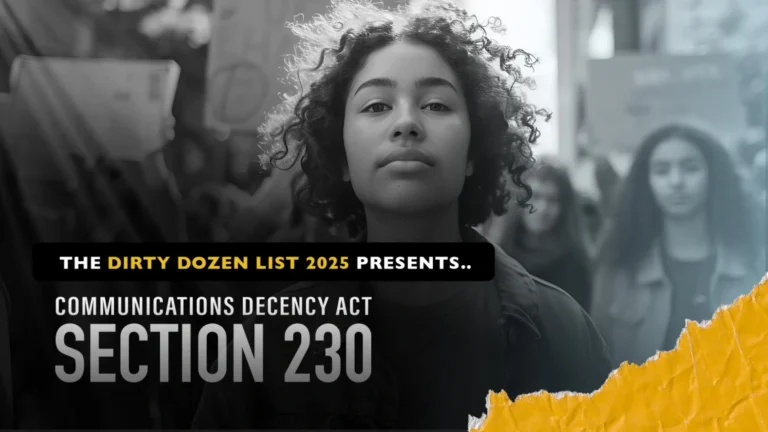Gender equality means that no woman is for sale. Iceland has taken this premise seriously by effectively banning the entire sex trade: no strip clubs, no pornography, and no prostitution.
In 2009, Iceland implemented the Nordic (or Equality) model, making it illegal to buy sex – or to base one’s “employment or livelihood on prostitution on the part of others” – while decriminalizing women in prostitution. The law also bans inducing someone to travel to or from Iceland to be prostituted, using “deception, encouragement or mediation” to encourage a person to prostitute themselves, and “renting out premises” for prostitution.
Women in prostitution are almost always economically vulnerable, and often were abused and groomed as children. Prostitution itself, of course, is inherently violent, sexist, and racist. Like its neighbors Sweden and Norway, Iceland understood that men exploit women in prostitution and accordingly put the weight of the law on the behavior of the sex buyers and profiteers.
How Iceland is Addressing the Intersectionality of Sexual Exploitation
Iceland did not stop with prostitution. It also recognized that sexual exploitation spans a range of activities and contexts. Iceland banned strip clubs in 2010, specifically prohibiting an employer from profiting from employees’ nudity. The measure passed with 31 votes, two abstentions, and no “no” votes. Jóhanna Sigurðardóttir, who was the prime minister at the time, said of the measure: “The Nordic countries are leading the way on women’s equality, recognizing women as equal citizens rather than commodities for sale.”
These measures banning the Icelandic sex trade followed a much older Icelandic law against pornography. Producing, importing, or disseminating pornography is illegal in Iceland, presumably regardless of whether the pornography is online or not (though the law is dated, and the minister of the interior did attempt to block pornography entirely in the country).
More recently, in 2018, Iceland joined the United Kingdom, Ireland, Belgium, Cyprus, and Germany in redefining the crime of rape as any sexual activity without consent. Consent “is considered to have been given if it is freely stated. Consent is not considered to have been given if violence, threats or other forms of unlawful coercion are employed.” The law passed the Althingi (parliament) unanimously with 48 favorable votes, one abstention, and some absences.
What Led to Iceland’s Leadership in the Fight Against Sexual Exploitation
These woman-friendly legal norms are no accident. Iceland’s government is majority female and is headed by a woman prime minister, Katrín Jakobsdóttir, whose cabinet is 40% female. Women comprise nearly 40% of the Althingi. The government underwent a transformation when the 2008 financial crisis nearly demolished the small island with inflation topping out at 17%.
The Icelandic people saw the economic crash as precipitated by the testosterone-fueled finance industry and they responded by sending the male heads of three banks to jail. The male prime minister resigned and Jóhanna Sigurðardóttir replaced him. Women took over management of two of the banks.
This began a woman-led overhaul of the Icelandic government and economy that resulted in several feminist legal reforms, including a requirement that corporate boards of more than three persons for companies with 50 or more employees must contain at least 40% women, in addition to the aforementioned laws targeting the sex trade. (The economy recovered swiftly, as well).
Iceland’s legal regime is comprehensive – underscoring the fact that the whole sex trade is interconnected and abusive. Notably, while pro-prostitution lobbyists claim they are supporting women’s agency, Iceland’s own change came about because women led the government which situated the legal reforms within a women’s equality framework that is aware that women can’t be equals and commodities at the same time.


